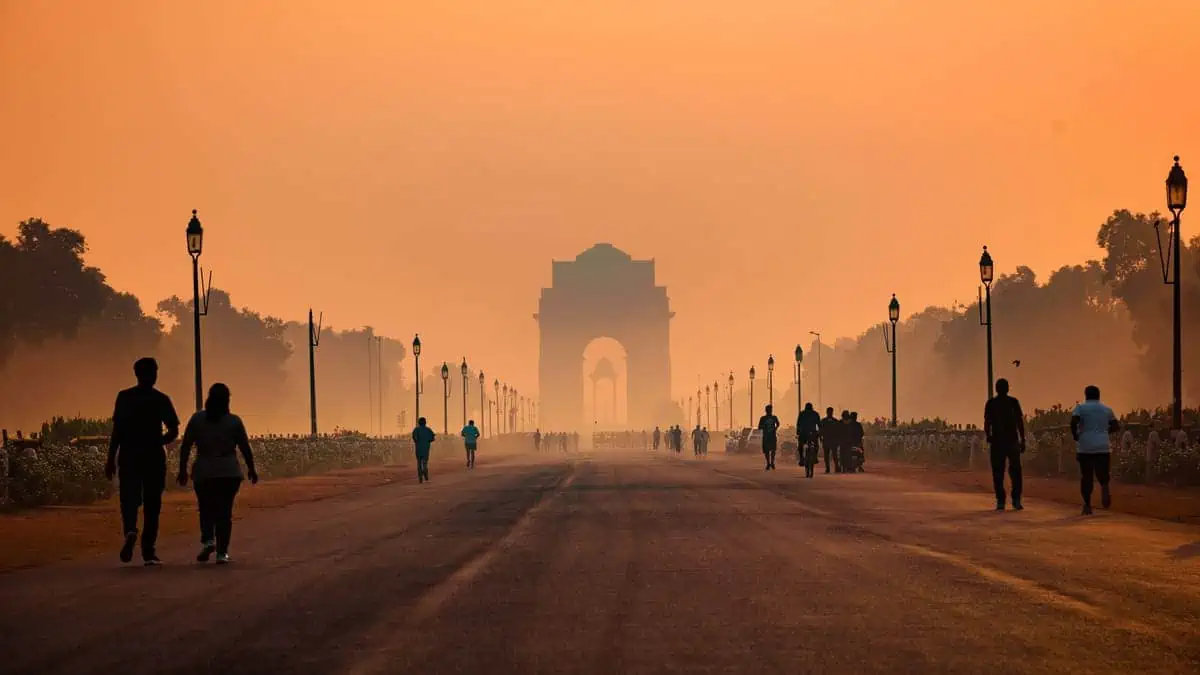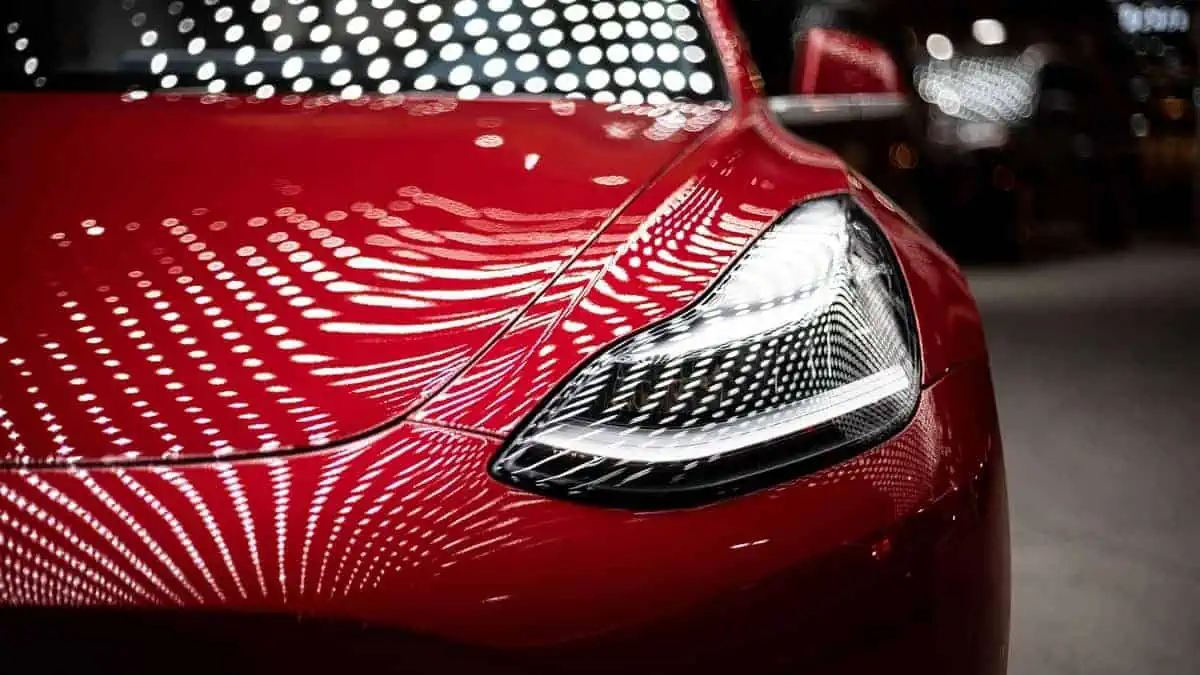India’s Ministry of Mines recently announced on Twitter that the Geological Survey of India had discovered a substantial “5.9 million tonnes inferred resources (G3) of lithium” Reasi district of Jammu & Kashmir’s Salal-Haimana region.
According to experts, this significant lithium reserves discovery is expected to accelerate India’s efforts to expand its private EVs by 30% by 2030. The country aims to reduce net-zero emissions and address global warming.
What’s the big deal?
Lithium is a high energy density critical mineral used in rechargeable li-ion batteries for gadgets like smartphones, laptops, and radios, particularly the emerging technology of electric cars.
Notably, the demand for these key minerals has rapidly grown as governments worldwide embraced sustainable solutions, especially in transportation.
That said, this discovery would indeed aid India’s EV push, given that its lithium resources are primarily from Australian and Argentina imports.
In retrospect, the Indian government announced plans to enhance its rare metals supply to accelerate its innovative technologies. In fact, Ministry of Mines secretary Vivek Bharadwaj shared via Mint newspaper that the country is “re-orienting its exploration measures” to achieve its targets.
It is also worth noting that the World Bank previously forecasted that critical minerals mining needs to expand by 500% to achieve global climate targets by 2050. However, experts suggest that mining lithium is not good for the environment.
Lithium mining process
As mentioned, mining lithium is said to be having a harmful effect on the environment since they are mined from subsurface brine reserves and hard rocks, primarily found in Australia, Chile, and Argentina.
Then, fossil fuels will be used to roast the ore. In addition, a lot of water is needed for the extraction process, which produces many carbon dioxide emissions. In fact, indigenous communities are the leading opponents of the said process, claiming that it drains natural resources and causes severe water shortages.
Top countries with lithium reserves are Bolivia, Argentina, USA, Chile, Australia and China.
Lithium Reserves
Other discovered minerals
The Ministry of Mines also reportedly declared the transfer of 51 mineral blocks, including gold and lithium, to their respective state governments.
“Out of these 51 mineral blocks, 5 blocks pertain to gold and other blocks pertain to commodities like potash, molybdenum, base metals et cetera spread across 11 states of Jammu and Kashmir (UT), Andhra Pradesh, Chhattisgarh, Gujarat, Jharkhand, Karnataka, Madhya Pradesh, Odisha, Rajasthan, Tamil Nadu, and Telangana.”
Ministry of Mines
Furthermore, The Ministry of Coal was also given access to 17 coal and lignite reserves, totaling 7897 million tonnes.






